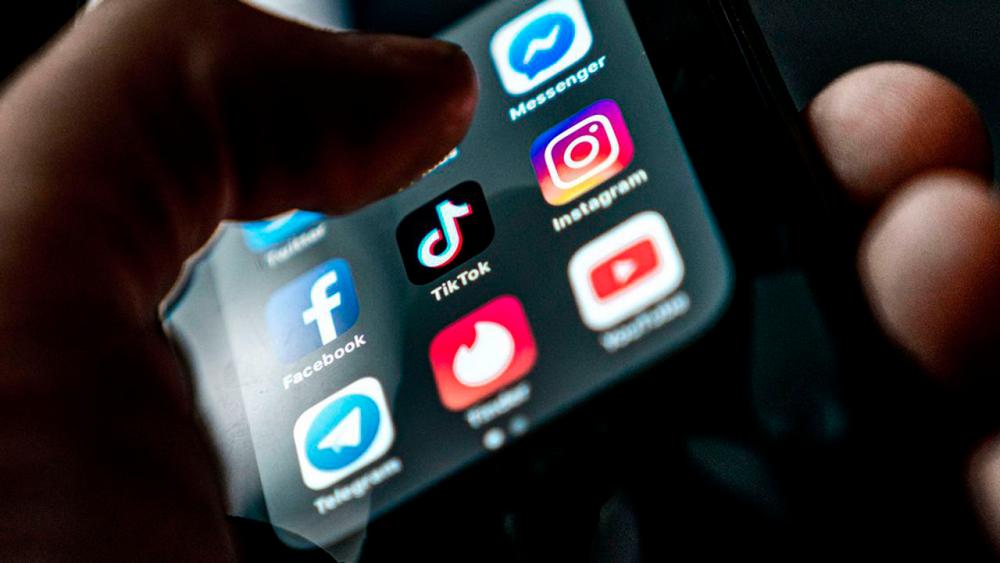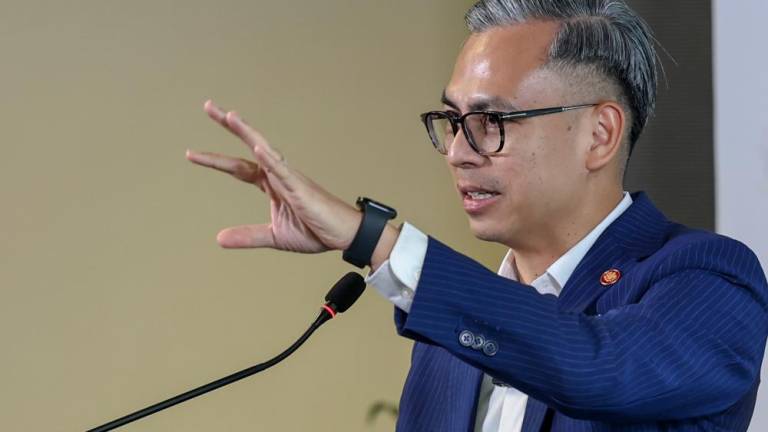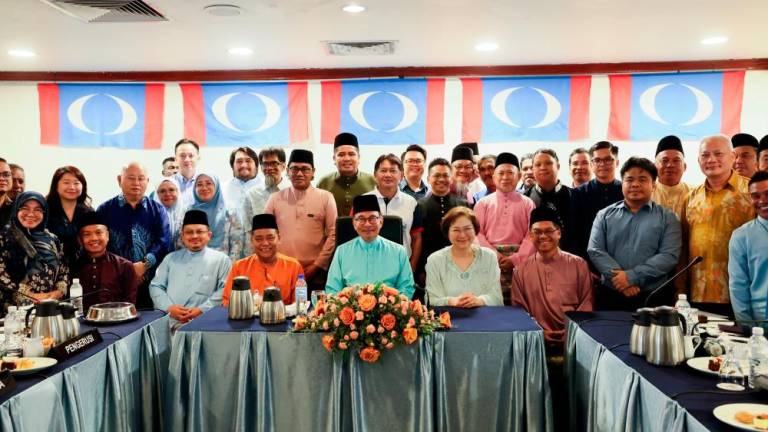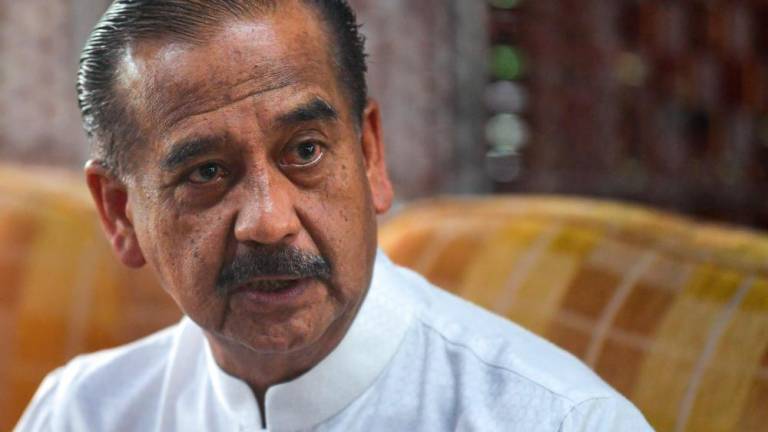PETALING JAYA: Self-regulation in online content creation is necessary and would not hinder creativity, said two prominent content creators.
This was in response to questions regarding Communications and Multimedia Minister Datuk Saifuddin Abdullah’s statement that self-regulation was more necessary than laws for content creators.
Saifuddin was commenting on calls by Gabung Anak Seni president Ellie Suriati Omar for the government to impose licensing requirements on YouTube channel owners.
Chinese Film Association of Malaysia vice-president Keoh Chee Ang said self-regulation is better for the industry than harsh laws and government regulations.
“Self-regulation is a must and is good. Whatever we produce, whether a drama or short film, our content serves a purpose, and we have a responsibility to send a good message.
“Self-regulation is better than government regulation, which will kill the creativity and flexibility of social media content. Also, now everyone is used to the flexibility.
“Previously, statements were made saying there is a need to apply for permits to shoot for even a 15-second video. That’s crazy, and not practical,” he told theSun yesterday.
Keoh, who produced the Malaysian-made blockbuster PASKAL: The Movie, said responsibility lies with content creators, and that inappropriate content does not help the content creation industry.
“There is currently a TikTok video where a father and daughter put their hands into each other’s clothes in an improper way. These kinds of things are immoral and are not helping the industry at all,” he said.
“Although it’s your own activity and you’re trying to do something funny, I personally do not find it funny at all.
“They should be responsible for the content they produce and not post (videos showing) this kind of illegal relationship.
“Similarly, I don’t agree with videos of bullying, this is not something that is good for society,” Keoh added.
Meanwhile, ZY Productions content creator Cheng Zhang Yi, whose YouTube channel has over 125,000 subscribers, opined that maintaining proper conduct in online videos was not an extraordinary task.
“For the context of online content creation, I would draw a parallel to conduct and behaviour in public with regards to this ‘self-regulation’. To me it’s as simple as being mindful of how our actions or words may affect the feelings of those on the receiving end,” he said.
“Self-regulation shouldn’t hinder creativity. It is often that creative works incite belief-challenging elements or simply put, may be provocative in nature.
“It is then the responsibility of the author to justify the cause for such provocation - and not to cause conflict purely for sensationalism,” he told theSun yesterday.
Read this story in theSun’s iPaper:













